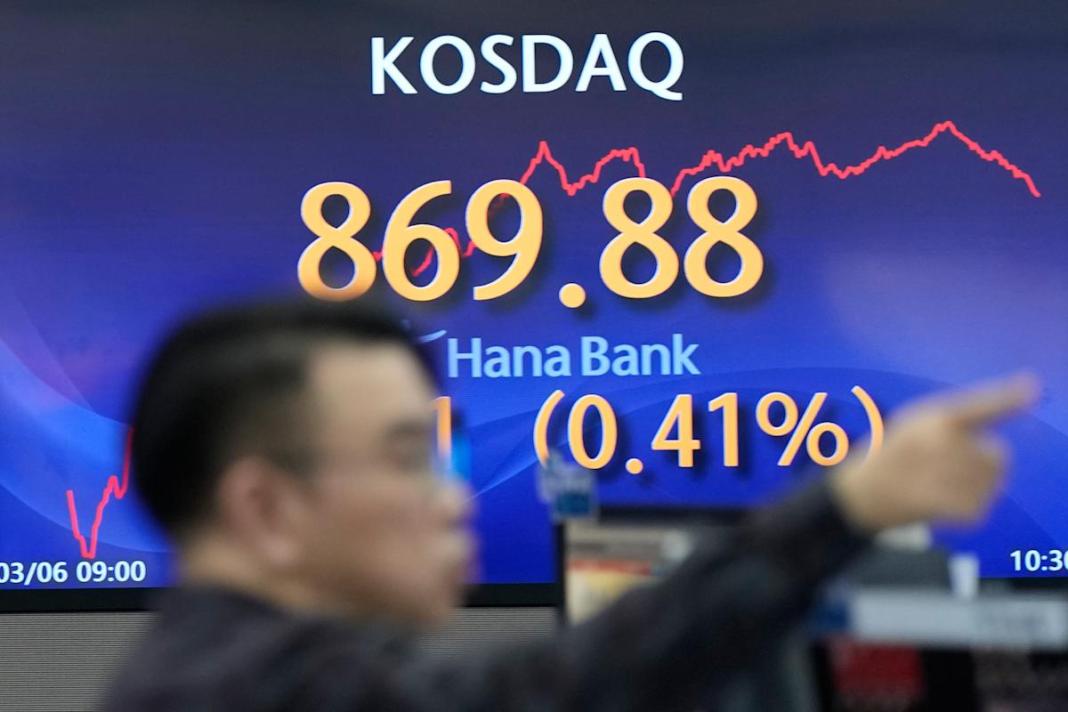The chilling and thought-provoking film “The Zone of Interest” has sparked controversy and conversation with its unique approach to storytelling. Director Glazer has created a haunting juxtaposition between the foreground and background of the film, forcing viewers to confront the horrors of the Holocaust in a new and unsettling way.
The foreground of the film shows the seemingly normal lives of a family, going about their daily routines and activities. However, the background is filled with a cacophony of sounds that evoke the atrocities of the Holocaust. From the sounds of dogs barking and planes overhead to the haunting echoes of gunshots and screams, the background noise serves as a constant reminder of the mass death happening just beyond the garden wall.
The deliberate choice to focus on the auditory experience of the Holocaust, rather than the visual, challenges viewers to confront the horrors of the past in a visceral and unsettling way. The absence of explicit depictions of the atrocities only serves to heighten the impact, forcing audiences to fill in the gaps with their own imaginations.
The film also delves into the psychological impact of living in such close proximity to mass death. While the Höss family may have become desensitized to the background noise of the Holocaust, a key scene involving the Höss boys reveals the lasting effects of their proximity to the horrors. The older brother’s chilling reenactment of locking his younger brother in a gas chamber highlights the soul-stunting impact of growing up in such a environment.
“The Zone of Interest” is a bold and provocative exploration of the human experience during one of the darkest chapters in history. By challenging viewers to confront the horrors of the Holocaust in a new and unsettling way, the film sparks important conversations about the lasting impact of mass atrocities and the importance of never forgetting the past.


